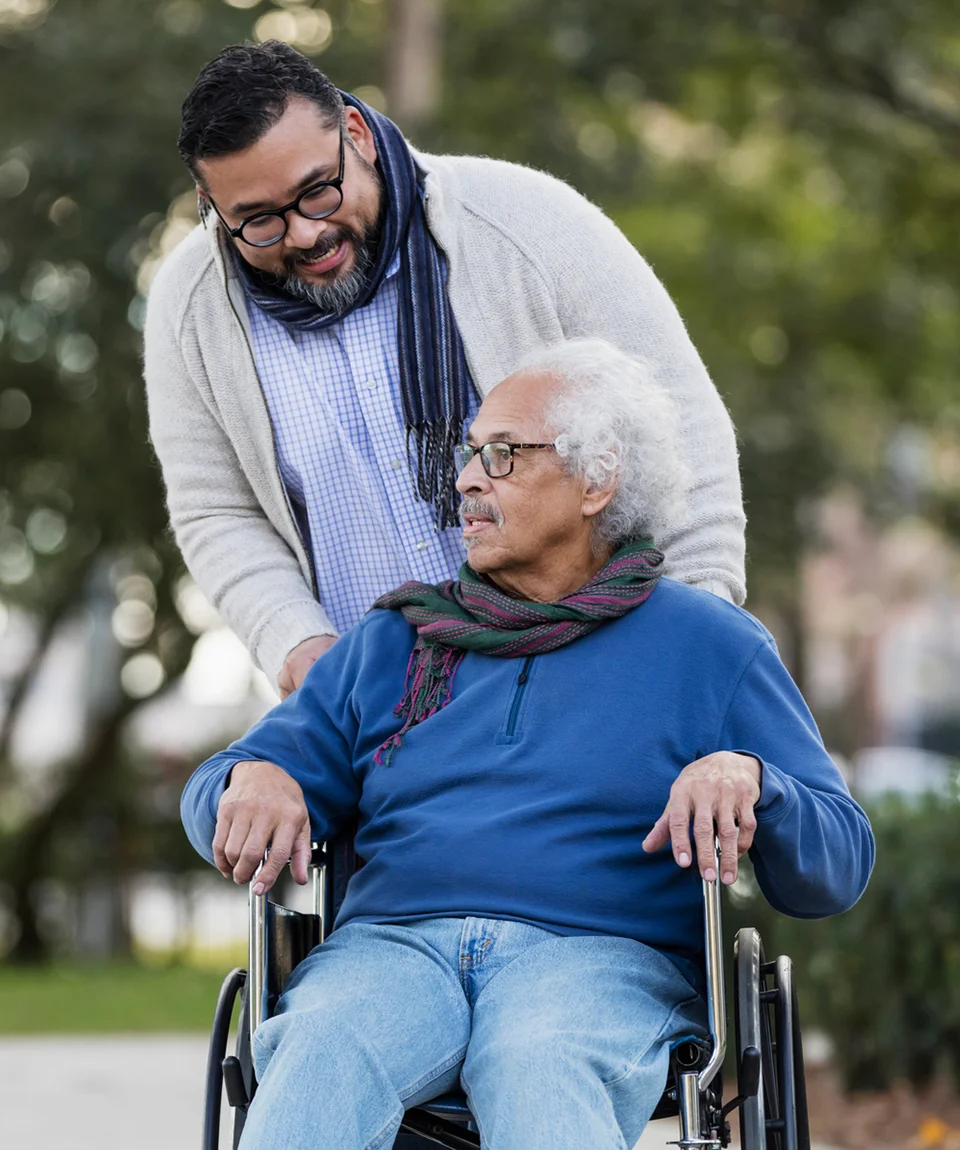Grooming
Daily tasks like showering, shaving and brushing your teeth make you feel good. Here are some assistive devices that can help you perform these tasks safely on your own.
Bathing or showering
- raised toilet seat, commode or toilet frame
- special bath or shower chair or bench
- hand-held shower head
- tap handle extenders
- grab bars and floor-to-ceiling poles
- non-slip surfaces, such as rubber mats or appliqués to roughen a smooth surface
- soap on a rope or liquid soap in a pump bottle
- long-handled brush
- face cloth made into a mitt
- terry cloth robe instead of a towel
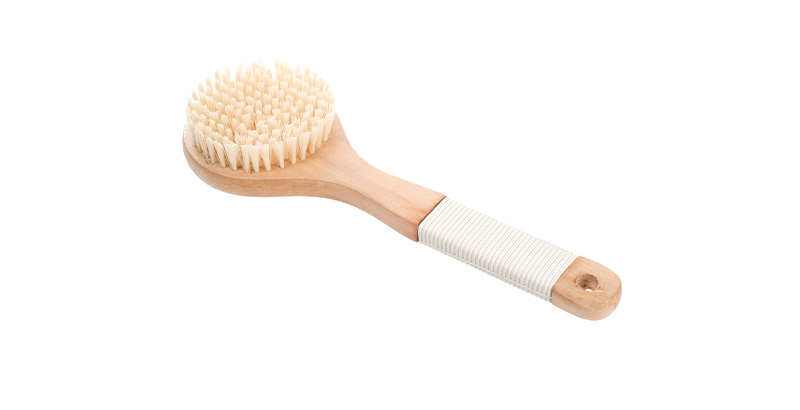
Handwashing
Video demonstration of how to wash your hands if you have an upper limb affected by stroke.
Dental care
- built up toothbrush handle that is easier to hold
- electric toothbrush
- flip cap toothpaste instead of a screw top or a pump top
- floss picks instead of dental floss
- brush on a suction cup for dentures
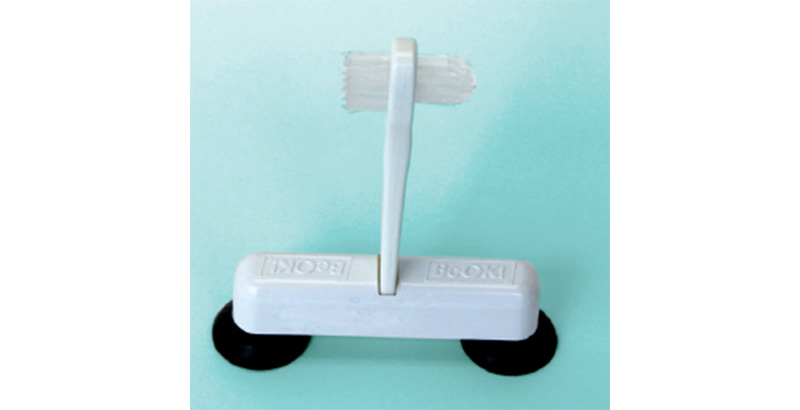
Shaving
- electric shaver
- magnifying mirror
Nail care
- nail brush on suction cup
- one-handed nail clippers
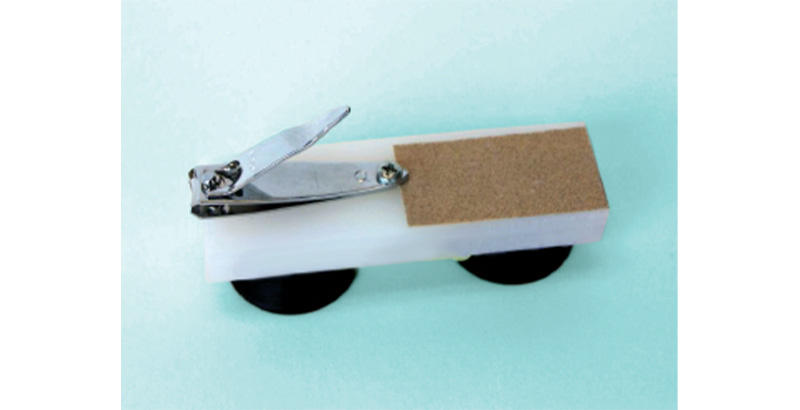
Dressing
Here are some assistive devices that can help you dress safely on your own.
- clothing with elastic waists and zippers or Velcro™ closings instead of buttons
- button hook
- front-closing bras
- clip or key ring to help pull up zippers
- suspenders instead of belts
- clip-on ties and earrings
- sock aid for pulling on socks
- long-handled shoe horn
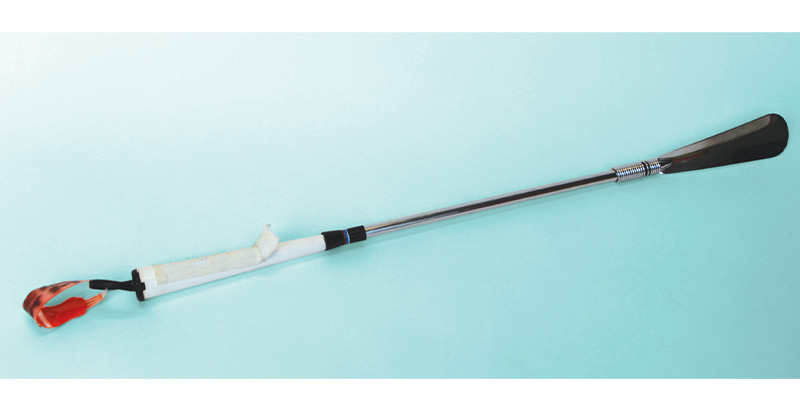
Dressing after stroke demonstration videos
If you have experienced physical impairments with your stroke, dressing may be more difficult. These videos demonstrate different methods of dressing and provide tips that will help. People living with stroke demonstrate each technique. An occupational therapist provided oversight.
Where to get support
Look for organizations and businesses in your community that provide services in your home, such as:
- hairdressers and barbers
- nail services and foot care
- support in bathing
Your occupational therapist can help you:
- decide which devices you need
- get the devices you need
- learn how to use them properly and safely
- organize your bathroom to make it safe and accessible
